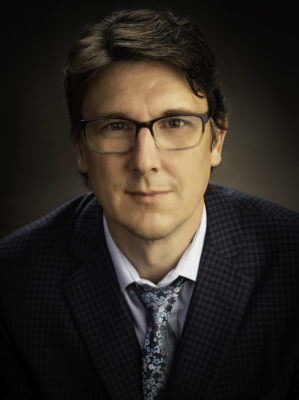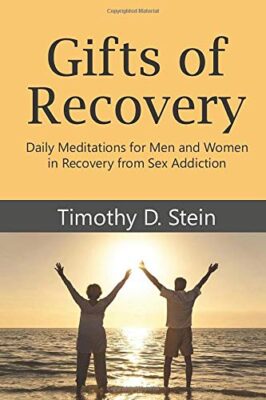 By Tim Stein
By Tim Stein
Meditation from Gifts of Recovery.
The wound is where the light enters you.
– Rumi
We are all wounded. It is important that we acknowledge and work to heal our wounds. When we ignore our emotional wounds, they fester, and the emotional infections come out in our behaviors and interactions. In 12-Step meetings, we hear many stories about the damage our fellow addicts have done when they have not liked themselves, did not believe they deserved good things, or automatically placed themselves above or below others. These stories are examples of emotional wounds being expressed. However, by acknowledging our emotional wounds (which can be scary) and addressing our emotional wounds (which can be painful), we allow for healing, not just for ourselves but also for those around us. Sometimes this healing comes from direct actions, such as making amends to others for our past behaviors. Sometimes this healing comes from indirect actions, such as intentionally or unintentionally modeling healthy behaviors and interactions. When we acknowledge and address our emotional wounds, we allow the light to enter.
When have I denied my emotional wounds? What has been the cost to me and others? What gifts await me as I acknowledge and work to heal my emotional wounds?
* * * * * * * * * *
In our roles as therapists, we help clients to acknowledge and address their emotional wounds. Some of these wounds may be obvious, such as situational depression. Some of these wounds may be more nuanced, such as relationship friction connected to childhood relational trauma. By encouraging our clients to address their deeper emotional wounds, we allow them to experience lasting change instead of a situational Band-Aid.
 As wounded healers, it is essential that we walk the walk. The very fact that we are in recovery indicates that we have emotional wounds. The more important question is to what extent have we acknowledged and addressed them? What advice do you offer your clients? Are you following this advice yourself? The 12-Steps are helpful in our healing journey, but they are a slow path to emotional healing. Entering therapy to explore and better understand our emotional wounding is an essential first step. Actively seeking a therapist who specializes in trauma as well as addiction is even better. Investing in a trauma workshop or a trauma‑informed or trauma‑focused inpatient program may be needed.
As wounded healers, it is essential that we walk the walk. The very fact that we are in recovery indicates that we have emotional wounds. The more important question is to what extent have we acknowledged and addressed them? What advice do you offer your clients? Are you following this advice yourself? The 12-Steps are helpful in our healing journey, but they are a slow path to emotional healing. Entering therapy to explore and better understand our emotional wounding is an essential first step. Actively seeking a therapist who specializes in trauma as well as addiction is even better. Investing in a trauma workshop or a trauma‑informed or trauma‑focused inpatient program may be needed.
Regardless of what path your emotional healing calls for, it is critical that you embrace it. In our careers, we walk through the emotional minefield of our clients’ lives and experiences. Even the most seasoned and grounded of therapists have moments of countertransference. If we have not actively acknowledged and addressed our own emotional wounding, it can easily bleed out in our work. This may show up as strong or inappropriate responses in session or as underlying thoughts and experiences related to the client. Worse, if we do not embrace our work of emotional healing, this countertransference may be unconscious. When we acknowledge and address our emotional wounds, we are better able to recognize, discuss with peers, and effectively manage our countertransference.
If we have avoided or minimized the need for our emotional healing, it also shows up in our personal lives. Our relationships become chaotic and stressful instead of nurturing and supportive. Our emotional experience may have an overt or covert intensity. Our career path may feel undefined or excessively rigid. We may attach our self-worth to our actions instead of our inherent value; John Bradshaw refers to this as a human-doing instead of a human-being.
As wounded healers, we must embrace our emotional healing, whatever that means at this time. If we are emotionally agitated, we enter therapy. If our deep trauma is being stirred up, we actively seek out trauma healing. If we are feeling stable, we continue our normal recovery routine and use our self-assessment as well as peer feedback to monitor our continued emotional state. We do this work because we are worth it, our friends and loved ones are worth it, and our clients are worth it. Our emotional wounds are not to be avoided; addressing them is the pathway to beautiful things.
